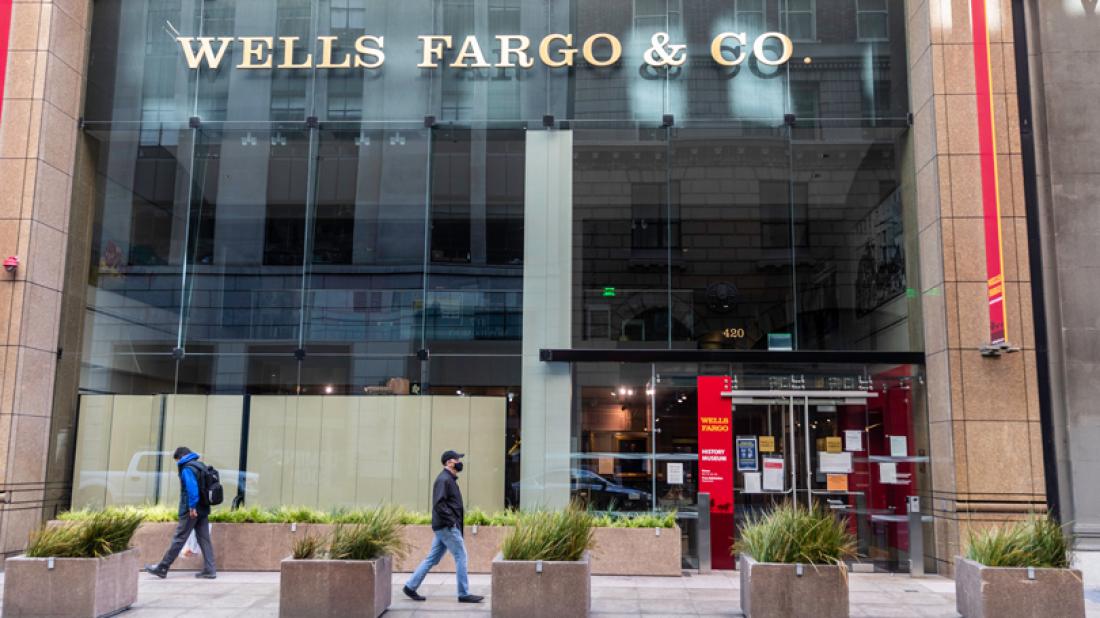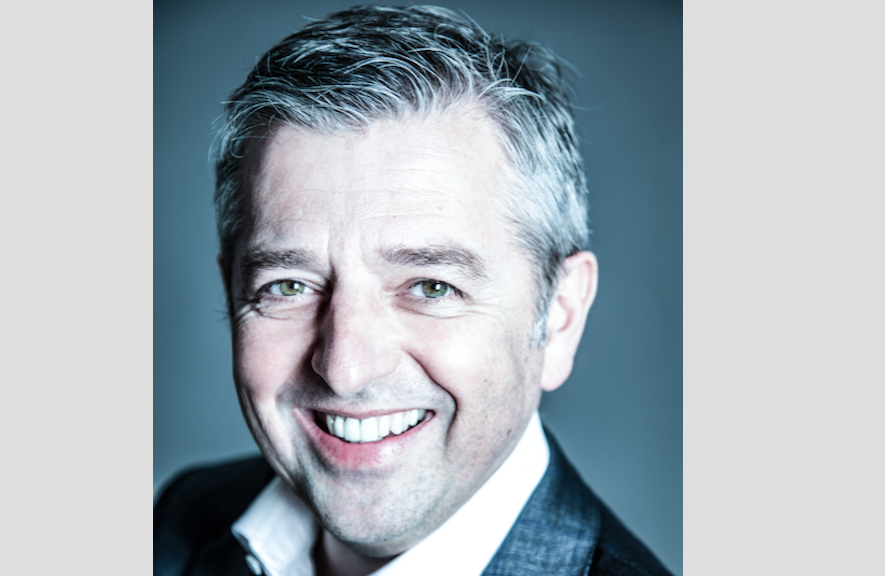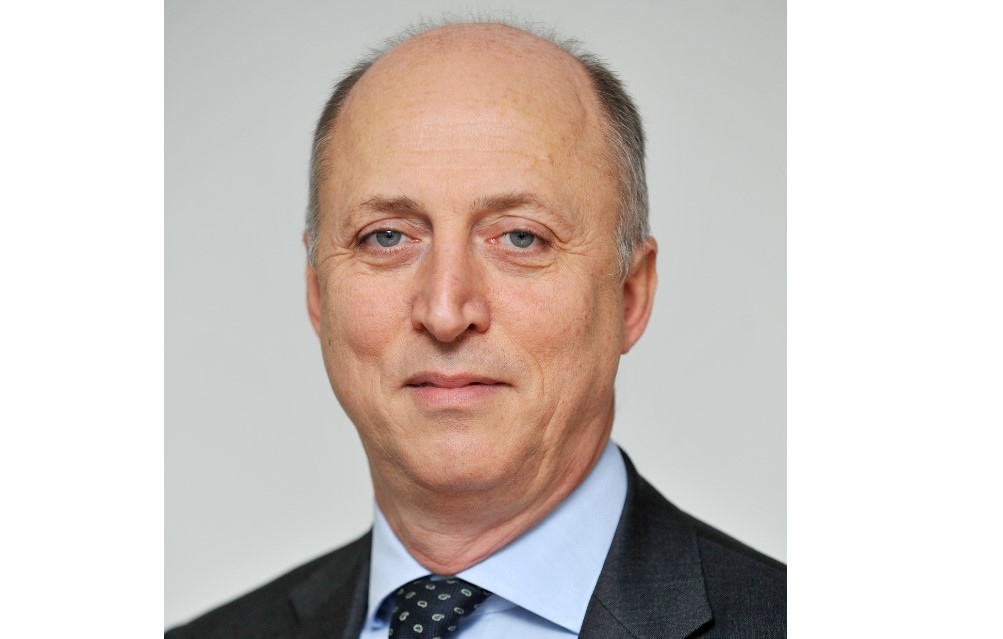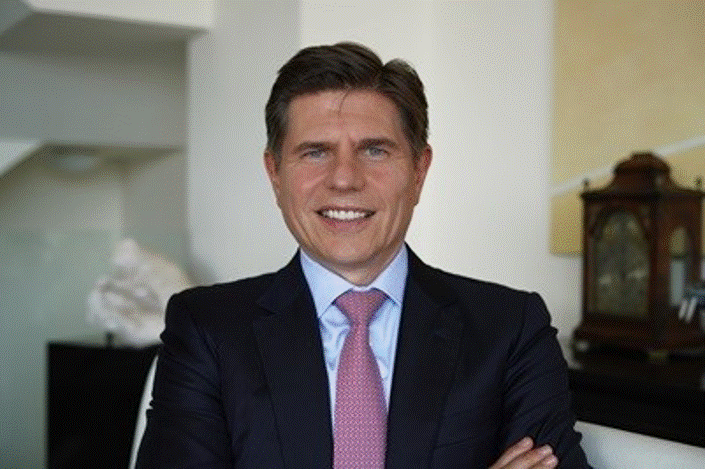Standard Life Aberdeen Simplifies and Extends its Strategic Partnership With Phoenix Group
| For Beatriz Zúñiga | 0 Comentarios
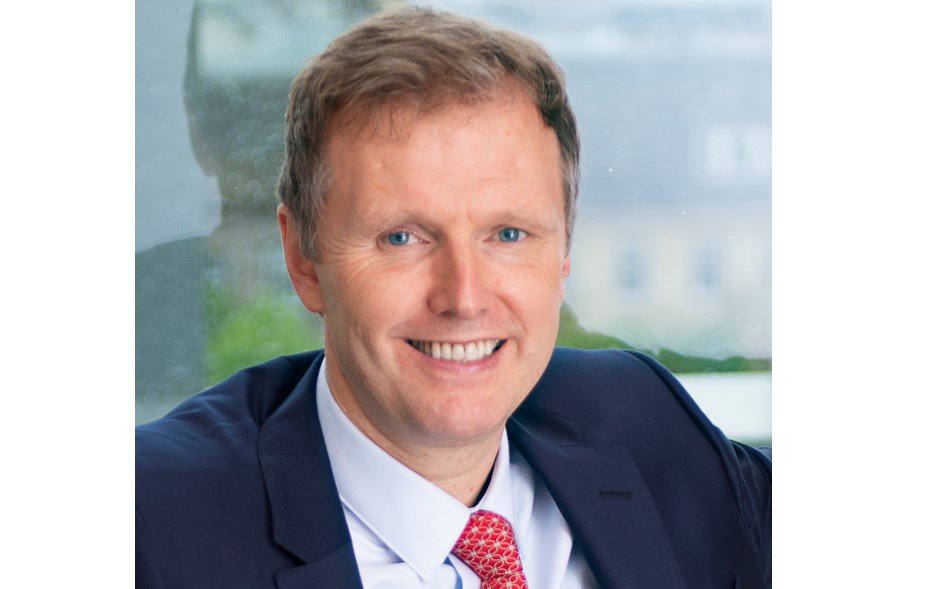
A few weeks ago, there were rumors that Standard Life Aberdeen might change its name after selling its brand to Phoenix Group. Finally, this week the asset manager announced in a statement that it has decided to simplify and expand its partnership with Phoenix Group, shedding light on the future of its brand.
This strategic partnership started in 2018, when Standard Life Aberdeen sold its UK and European life insurance business to Phoenix Group for 3.24 billion pounds. The transaction created a complex network of commercial and operational services between the groups, including the shared use of the “Standard Life” brand.
The agreements announced this week simplify the partnership focusing it on the provision of Standard Life Aberdeen’s high-quality asset management services to Phoenix Group and its insurance and workplace pension customers.
Now, the strategic asset management partnership, under which Standard Life Aberdeen currently manages 147.4 billion pounds of Phoenix Group assets, will be extended until at least 2031 (in the original agreement, it was up to 2028). Also, the asset manager will pay upfront 62.5 million pounds for the purchase of the Wrap SIPP, onshore bond and TIP businesses from Phoenix, which represent 36 billion pounds in assets under management.
The agreement also establishes that Standard Life Aberdeen will pay 32 million pounds to Phoenix Group for bearing the cost of some transferring colleagues going forward after selling its brand and will no longer provide marketing services. Lastly, the resolution of legacy matters will not materially impact on Standard Life Aberdeen’s 2020 financial performance, as it will receive a net cash inflow of 34 million pounds this February.
Standard Life Aberdeen will sell its brand to Phoenix Group during the course of 2021, a transaction that they don’t expect to impact materially on their results. The asset manager also revealed that it has initiated a branding review, the outcome of which it will announce later this year.
A recognized brand
“The most successful partnerships in business tend to be formed on clear and simple terms. What we are announcing today is an agreement that simplifies the relationships between Standard Life Aberdeen and our strategic partner Phoenix Group in a way that will allow us to work together constructively as partners for at least the next ten years. Both businesses will be able to play to their respective strengths in the partnership”, said Stephen Bird, CEO of Standard Life Aberdeen.
He also pointed out that the “Standard Life” brand has an important heritage: “In the UK, it has strong recognition as a life insurance and workplace pensions brand. This is closely aligned with Phoenix’s strategy and customer base. This is much less the case with the business we are building at Standard Life Aberdeen which is focused on global asset management, our market-leading platforms offerings to UK financial advisers and their customers, and our UK savings and wealth businesses. That’s why I am excited about the work we are doing on our own brand, which we look forward to sharing later this year”.
Lastly, Andy Briggs, CEO of Phoenix Group, claimed to be delighted with the extension of the strategic asset management partnership until at least 2031: “This recognizes the global expertise and excellent service that Aberdeen Standard Investments delivers to Phoenix Group and our customers as our preferred asset management partner. The simplification of the Standard Life brand, sales and marketing will be a key enabler of Phoenix’s growth strategy, which in turn should lead to greater asset flows to ASI.”




